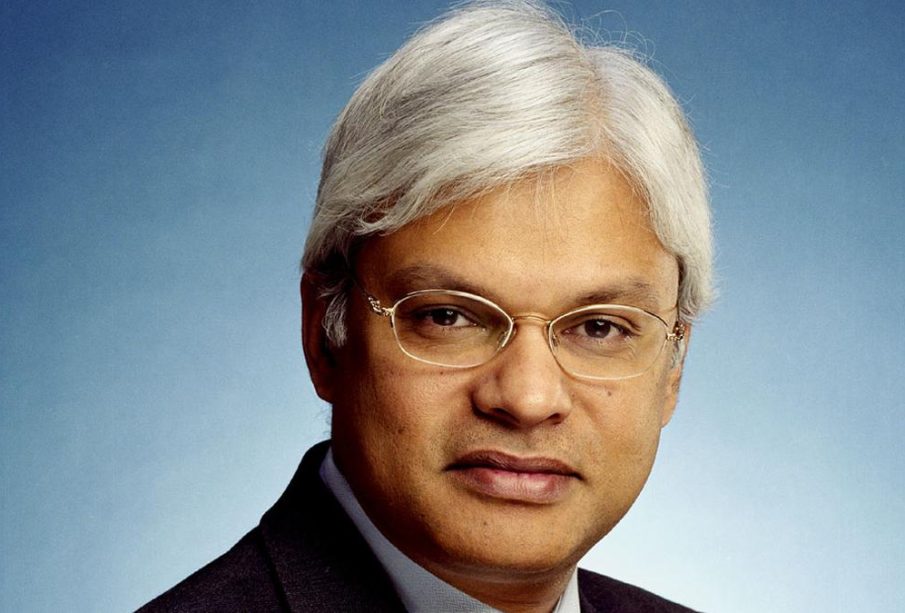Impact of Ashley Tellis on India’s Strategic Landscape

Introduction
Ashley Tellis, a prominent name in international relations, has made significant contributions to India’s foreign policy and strategic studies. His insights are pivotal in shaping discussions around India’s national security, U.S.-India relations, and broader geopolitical dynamics. In the current context of a rapidly changing global landscape, understanding his work becomes increasingly relevant.
Ashley Tellis: Background and Credentials
Ashley Tellis is a senior fellow at the Carnegie Endowment for International Peace, focusing on international security, defense, and foreign policy. With a PhD from the University of California, Berkeley, he has served as a key advisor to U.S. policy makers and has played a role in pivotal discussions around the Indo-U.S. nuclear deal.
Key Contributions and Perspectives
Tellis has been influential in articulating the importance of a strong U.S.-India partnership. He argues that the collaboration between the two nations is essential not just for bilateral interests but for regional stability in Asia. His research emphasizes the need for India to advance its military capabilities in the context of China’s assertive posture.
In recent publications, Tellis has examined India’s approach to nationalism and its implications for foreign policy. He posits that as India grows in stature, it must navigate the challenges of its own identity, which impacts its global interactions and alliances.
Recent Events and Analysis
On October 5, 2023, Tellis participated in a panel discussion at the Global Security Conference, where he analyzed the evolving U.S.-China rivalry and its implications for India. He highlighted the need for India to balance its strategic autonomy with partnerships, particularly in emerging technologies and defense collaboration.
His policy recommendations often include investing in defense modernization, strengthening alliances with like-minded democracies, and enhancing diplomatic outreach in the Indo-Pacific region. Recently, his views on India’s stance towards Russia amidst the Ukraine conflict have sparked discussions regarding India’s strategic calculus.
Conclusion
Ashley Tellis continues to be a key figure in influencing India’s strategic framework. As the global order faces new challenges, his insights are critical for policymakers and scholars alike. The future of India’s foreign policy will likely be shaped by the very principles that Tellis advocates—strong partnerships, strategic clarity, and an unwavering commitment to national interests. The importance of his work cannot be understated, as India navigates its role on the world stage.









